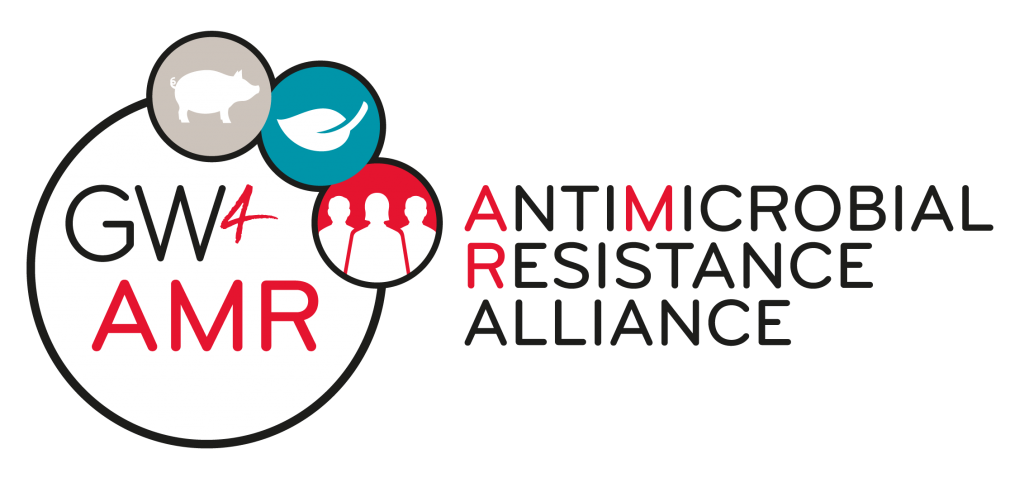
Research into AMR is taking place across multiple Schools within Cardiff University.
Researchers working on AMR are part of the Cardiff University AMR network, which represents one branch of the larger GW4 AMR Alliance. The GW4 AMR Alliance is a research consortium bringing together AMR researchers across Cardiff University and the Universities of Bath, Bristol and Exeter. You can find out more about the work of the GW4 AMR Alliance here.
On this page, we have summarised the AMR research happening at Cardiff University, along with the contact details of our Cardiff University AMR network champions.
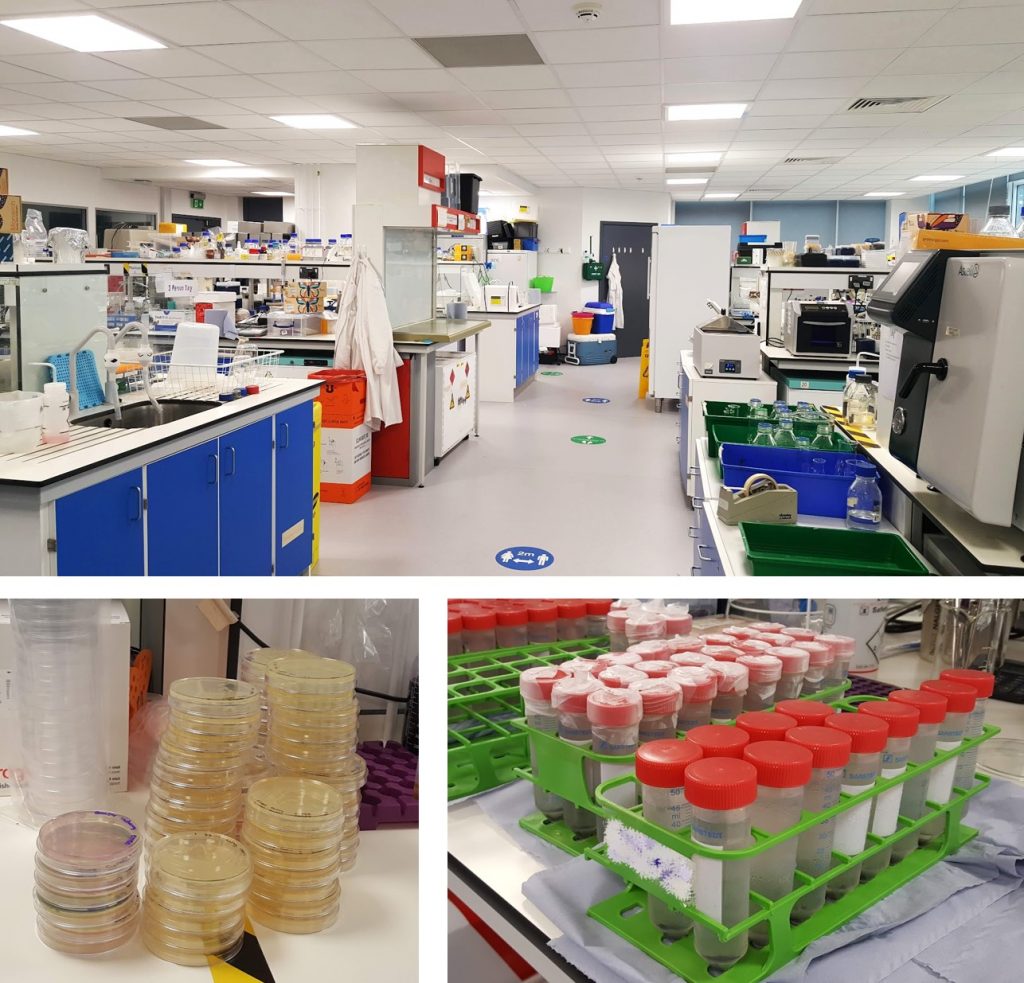
School of Biosciences
Research within the School examines multiple issues of AMR looking at the mechanisms of resistance, the microorganisms involved, and the role of the wider environment. Staff within the Microbiomes, Microbes and Informatics (MMI) group support a program discovering new antibiotics from soil bacteria, work on cystic fibrosis lung infections and gut infections, and examine microbial communities (the microbiome) in these infections as well as the wider environment such as water involved in the transmission of AMR. Researchers within the associated Cardiff Research In Infection And Parasites In Ecological Systems (CRIPES) group also examine parasitic infections that are becoming resistant to treatment, for example in fish farming. Both these groups work within the Organisms and Environment Division, where further research on wildlife associated AMR is underway.
To find out more about the AMR research within Cardiff School of Biosciences please contact Professor Esh Mahenthiralingam.

School of Chemistry
Research at the School of Chemistry embraces different strategies to fight antimicrobial resistance including the development of new antimicrobials, exploring new disinfection techniques, and genetic modification to produce microbes that could help fight against infection. Our biological chemistry research theme focuses on the application of chemistry to solve problems in biology and medicine. Research within this theme is exploring genetic modification of microbes to make them produce a natural toxin that kills other harmful microbes, and also investigates the discovery and optimisation of new antimicrobial drugs that work in different ways to existing antimicrobials. Researchers within the molecular synthesis area are involved in production of antimicrobial compounds including bacteriocins (a type of toxin that kills bacteria) and studying the properties and function of biomolecules (chemical compounds found in living organisms) to better understand AMR. Research on using photocatalysis (using light to drive chemical reactions) as method for surface disinfection in hospitals is also happening in the school.
To find out more about the AMR research within Cardiff School of Chemistry please contact Dr Michaela Serpi.
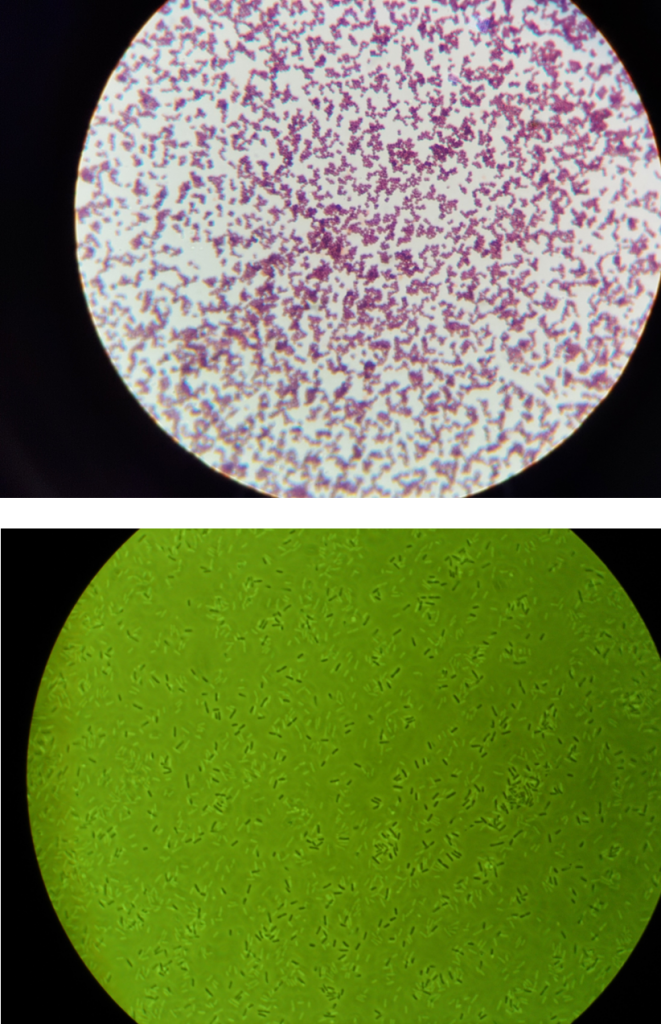
School of Dentistry
AMR research within the School is focused on designing, developing and testing novel therapeutics in the prevention and treatment of a range of difficult to treat, often life-threatening infections. The specific AMR research of each research group within the School is detailed below.
The Advanced Therapies Group study mechanisms of antibiotic resistance as well as developing/testing new antimicrobial and antiviral agents in laboratory and human clinical studies. Linking antimicrobial agents to water-soluble polymers, we have improved their safety and effectiveness. Our work has also developed products from nature e.g. alginates from seaweed and epoxy-tiglianes from the Australian Queensland rainforest for the treatment of multi-drug resistant, chronic human and veterinary infections. The Microbial Diseases Research Group are involved in AMR surveillance, evaluation of novel antimicrobial drugs, management of biofilm associated AMR and the development of antimicrobial biomaterials. The Regenerative Biology Group are involved in developing liposomal delivery systems, bioresponsive antimicrobial coatings and implant nanotopographies to prevent AMR in orthopaedics and dentistry.
To find out more about the AMR research within Cardiff School of Dentistry please contact Dr Katja Hill.
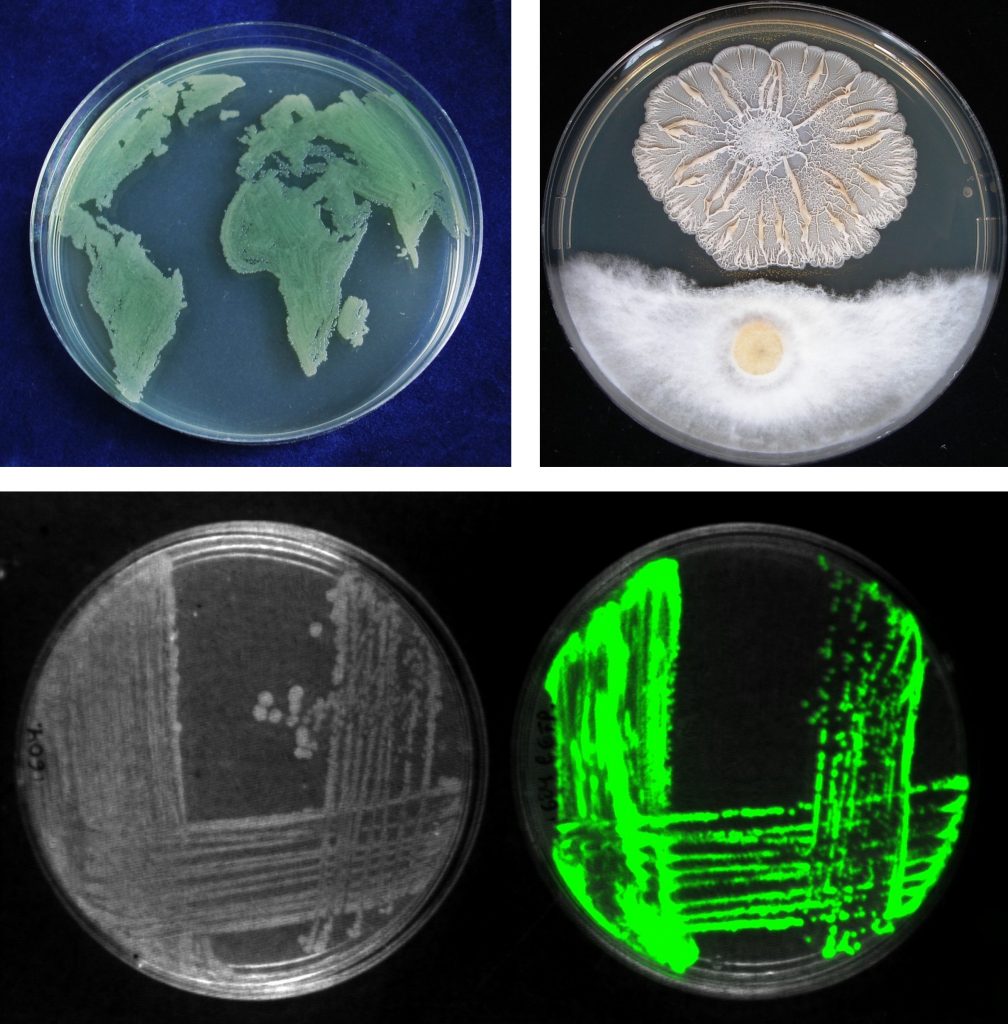
School of Medicine
We are based at the University Hospital of Wales and at the Centre for Trials Research and the Systems Immunity Research Institute. We research bacteria and how they make people unwell. Bacteria are microscopic microbes that can cause infections in the body. Sometimes infections spread through the body. Bacteria move into the blood and become dangerous, sometimes even fatal. If infections are treated quickly, people recover. However, it is common for bacteria to become ‘superbugs’ which means that they are really difficult to treat. Superbugs escape antibiotic treatment, spread through the body and make people very unwell. Our research is important for helping find and treat superbug infections. We discover how superbugs escape antibiotics. We explore this in people of all ages -from older people to new-born babies, patients with weaker immune systems and patients in hospitals. We also test new antibiotics, as we need new antibiotics as weapons against superbugs. We work out how doctors can hunt down superbugs and make new tests.
With our discoveries, we advise governments on how to use antibiotics carefully (this is called Antibiotic Guardianship). We run clinical research trials in Wales, the UK and Europe. Some projects teach doctors and nurses in the poorest countries in Africa, where people die of infections which are easily treated in the UK. The trials include Pronto, Project Sepsis, BATCH, ENABLE, BARNARDS, and Phoenix Project . If you want to learn more please contact our Lead Antibiotic Guardian, at the Division of Infection and Immunity, Dr Brad Spiller.
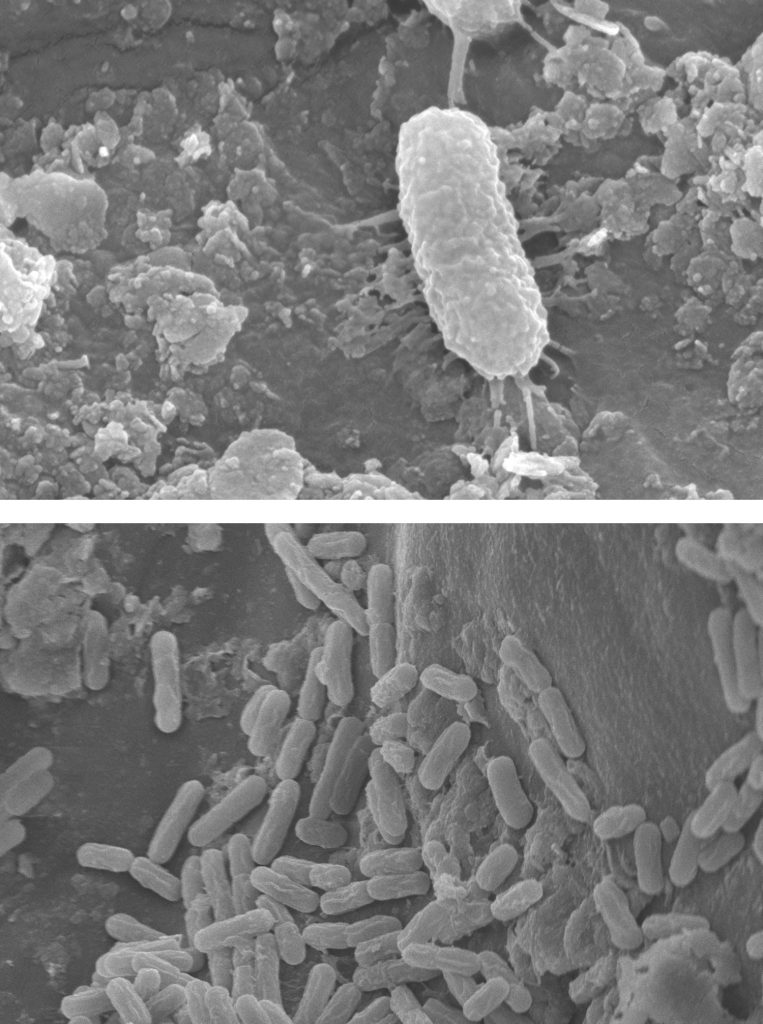
School of Pharmacy
Cardiff School of Pharmacy has multiple streams of research on antimicrobial resistance, and these split broadly across two themes as follows. Firstly, to optimise medicines to give the best healthcare outcomes, and secondly research on drug discovery, pharmaceutical sciences and experimental therapeutics. Several researchers work with new ways of formulating antibiotics using novel nanoparticles to stabilise and deliver them. For example, patients undergoing orthopaedic surgery for their hips and knees may frequently develop AMR joint infections. Pharmacy researchers have developed novel nanoparticle-based cements that can be placed within the bone and release antibiotics directly where they are needed to keep surgical sites infection free. Controlling the spread of AMR infections in hospitals is another area of pharmacy research, where optimal disinfectants and testing of surface cleaning technologies have been developed. Rapid detection of AMR infections is also urgently needed, and pharmacy researchers have developed novel ways of using microwave technology to break open microbial pathogens enabling their rapid detection using point of care DNA assays. Using computer-aided design to develop novel and optimised antibiotic drugs is another area of leading pharmacy research.
To find out more about the AMR research undertaken within the School of Pharmacy please contact Dr Polina Prokopovich.
Image credits: Rebecca Weiser, Laura Rushton, Eshwar Mahenthiralingam, Rachel Rowe, Othman Boaisha, Yoana Petrova, Nicolaas Bruyniks
